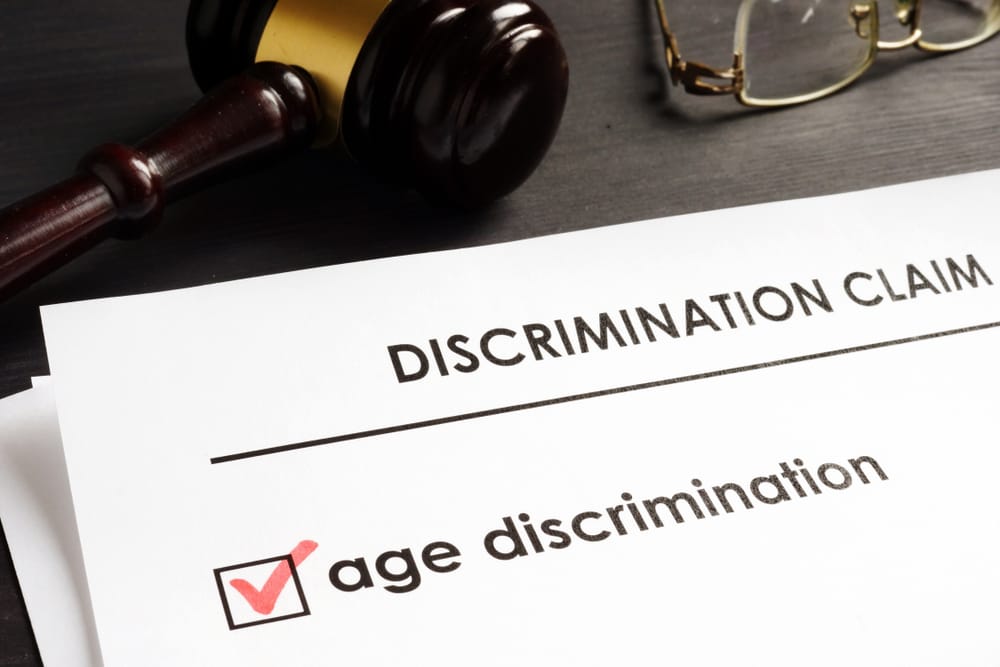Your Rights Against Age Discrimination


A number of state and federal laws prohibit employers from discriminating against employees and applicants based on age. This means that although stereotypes about older people abound in our culture, employers are not allowed to rely on them when making workplace decisions.
The Age Discrimination in Employment Act
The federal Age Discrimination in Employment Act, or ADEA ( 29 U.S.C. §§ 621-634), is the primary federal law that prohibits employers from discriminating against employees and applicants who are at least 40 years old based on age.
The ADEA protects workers from age discrimination in every phase of the employment relationship, including job advertisements, interviewing, hiring, compensation, promotion, discipline, job evaluations, demotion, training, job assignments, and termination. The U.S. Supreme Court has held that the ADEA prohibits practices and policies that are seemingly neutral, but have a disproportionately negative impact on older workers (disparate impact), as well as those that explicitly treat older workers worse than younger workers (disparate treatment). (See Smith v. City of Jackson, Mississippi, 544 U.S. 228 (2005).)
Not only does the ADEA prohibit employers from discriminating against older workers in favor of those who are younger than 40, it also prohibits employers from discriminating among older workers. For example, an employer cannot hire a 43-year-old rather than a 53-year-old simply based on age.
The ADEA applies to all private employers with 20 or more employees and to federal and local governments. It also applies to state governments, although their employees cannot sue them directly for age discrimination.
Discrimination in Benefits and Early Retirement
The federal Older Workers Benefit Protection Act, or OWBPA (29 U.S.C. § 623 and following), amended the ADEA to make it illegal for employers to use an employee’s age as a basis for discrimination in benefits and retirement. Like the rest of the ADEA, the OWBPA only protects people who are at least 40 years old.
The OWBPA prohibits age discrimination in the provision of fringe benefits, such as life insurance, health insurance, disability benefits, pensions, and retirement benefits. Typically, this means that employers must provide equal benefits to older and younger workers. For some types of benefits, however, employers can meet this nondiscrimination requirement by spending the same amount on the benefit provided to each group, even if older workers receive lesser benefits. In some circumstances, employers are also allowed to provide lesser benefits to older workers if those workers receive additional benefits — from the government or the employer — to make up the difference.
State Laws
Many state laws also prohibit discrimination on the basis of age. Although some of these laws essentially mirror federal law and protect only employees who are at least 40 years old, other state laws are broader and protect workers of all ages.
State laws tend to apply to employers with fewer than 20 employees, so your employer might have to comply with your state law even if it isn’t covered by federal law.
